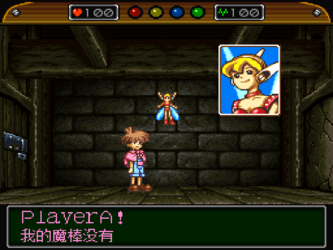
Wonder Project J
Wonder Project J is a simulation game developed by Enix and released on the Super Famicom in 1994, tasking the protagonist, the boy robot Pino, with learning how to adapt to human society.
Game Details:
"Wonder Project J" revolves around artificial intelligence and human emotions. It tells the story of Dr. Geppetto, a scientist who creates a robot named Pino and entrusts the player with nurturing him into a "real human being." Players interact with Pino, instructing him to learn, work, and even engage in social activities, while Pino gradually develops different personalities based on the player's guidance.
The game employs a unique interface, largely eschewing traditional combat in favor of observation and guidance. Players use a pointer and command system to teach Pino skills like eating, greeting, fighting, and defending, while also preventing him from being harmed or developing extreme personality traits. The game also incorporates puzzle elements, such as unlocking new areas and obtaining items.
Through Pino's growth, the game not only explores the ethics of artificial intelligence and the essence of humanity, but also presents an emotionally rich story.
Editor's Recommendation:
If you enjoy games like "Minecraft" and "The Sims" that allow you to participate in character growth, then "Wonder Project J" is a must-play. This game stands out on the SFC platform, breaking away from traditional combat mechanics and focusing on interaction and growth systems. You need to patiently educate Pino, gradually watching him grow from a robot who "knows nothing" into an individual with emotions, intelligence, and independent thinking abilities.
The game's "education" system is both challenging and fun, and each time Pino provides feedback or makes a breakthrough, players will reap a sense of accomplishment. It's a high-quality simulation work suitable for players who enjoy exploration and a slower pace, with excellent emotional rendering.
Game Guide:
1. Basic Operations and Guidance Techniques
The game doesn't allow direct control of Pino; all actions must be completed by clicking with the pointer and issuing commands. For example, clicking on a chair and instructing Pino to "sit" will prompt him to attempt the action. If he fails, it means the skill hasn't been learned yet. Repeated attempts will allow Pino to gradually "understand."
2. Mastering the Emotion System
Pino's expressions change based on success or failure. If he fails multiple times, he may become "frustrated" or even "avoidant." It's recommended to provide positive feedback (such as using the "praise" function) when learning new skills to increase intimacy.
3. Recommended Growth Directions
- Pino's growth path can be divided into: Combat-oriented, Social-oriented, and Intelligence-oriented.
- Combat-oriented is suitable for quickly progressing through the main story, but it's easy to neglect emotional management.
- Social-oriented is relatively balanced, but there are more side quests.
- Intelligence-oriented requires a lot of time to cultivate, and the puzzle-solving and story experience are the best.
4. Key Elements to Enhance Pino's Abilities
- Using tools (such as a wooden sword) can practice combat moves.
- Letting him read books can increase his knowledge attribute.
- Interacting with different NPCs can improve his social skills.
- Appropriate "sleep" each day can restore his condition and prevent overwork.
5. Ending Branch Unlocking Conditions
The game has multiple endings, depending on Pino's final personality state and the completion of key tasks.
- Perfect Human Ending: All skills are up to par, and the relationship line is full.
- Cold Robot Ending: Only enhances combat, ignoring emotional education.
- Escape Ending: Repeated punishments or forced behaviors cause Pino to run away from home.
User Reviews
RPG Related Retro Games
More
Pokémon Red
Game Boy Advance
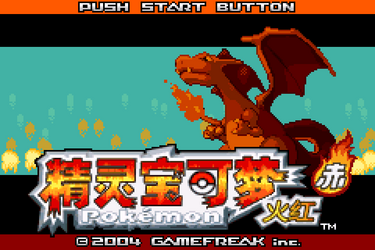
Pokémon FireRed
Game Boy Advance
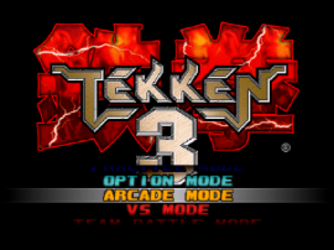
Tekken 3
Playstation

Ultraman
Arcade
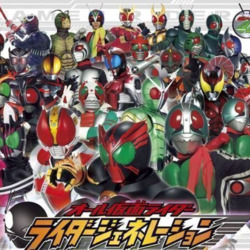
All Kamen Rider: Rider Generation
Nintendo DS
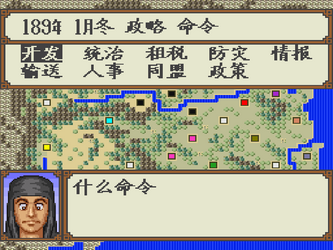
Yokoyama Mitsuteru's Sangokushi
SNES
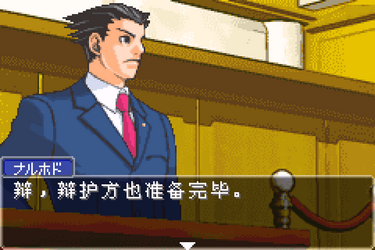
Gyakuten Saiban
Game Boy Advance

Pokémon: Team Rocket Edition
Game Boy Advance

Pokémon Blue
Game Boy Advance
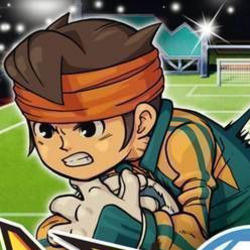
Inazuma Eleven
Nintendo DS

Pokémon Diamond
Gameboy | Color
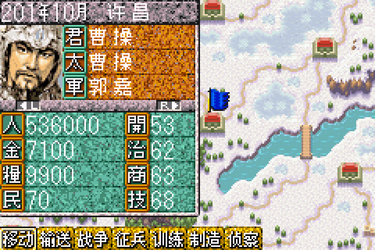
Sangokushi
Game Boy Advance
Adventure Related Retro Games
More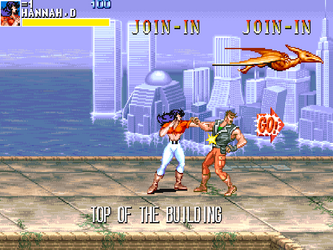
Cadillacs and Dinosaurs
Arcade

Pokémon Red
Game Boy Advance

Pokémon FireRed
Game Boy Advance

Pokémon: Team Rocket Edition
Game Boy Advance

Pokémon Blue
Game Boy Advance
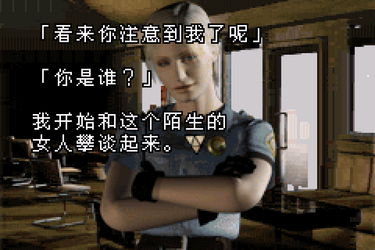
Silent Hill
Game Boy Advance
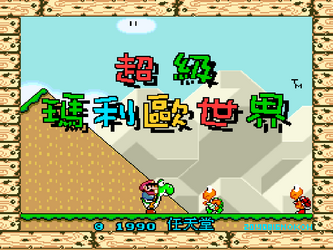
Super Mario World
SNES

Pokémon Diamond
Gameboy | Color

Sonic Classic Heroes
Sega Mega Drive
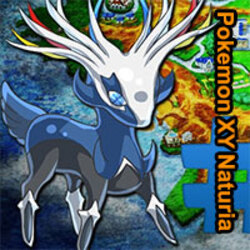
Pokémon: XY Natural
Gameboy | Color
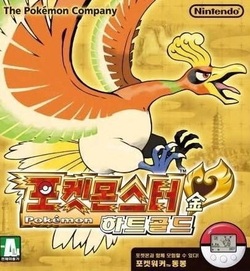
Pokémon HeartGold
Nintendo DS
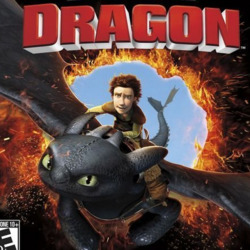
How to Train Your Dragon
Nintendo DS
Simulation Related Retro Games
More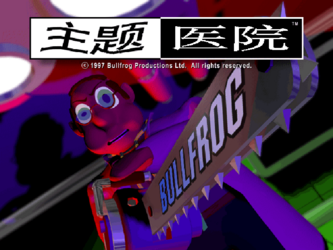
Theme Hospital
MS-DOS

Sangokushi
Game Boy Advance
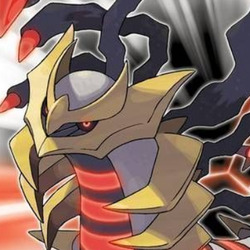
Pokémon Platinum Version
Nintendo DS
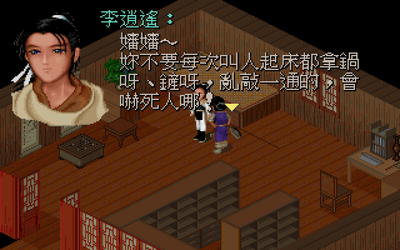
The Legend of Sword and Fairy
MS-DOS
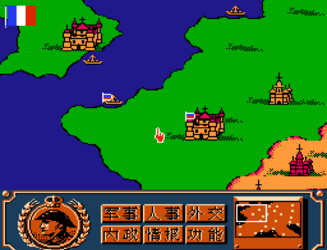
Napoleon's War
NES / Famicom
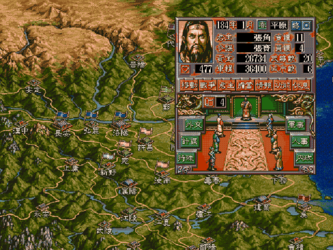
Romance of the Three Kingdoms V
MS-DOS
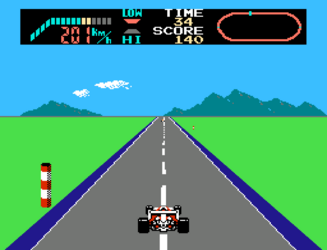
F1 Race
NES / Famicom
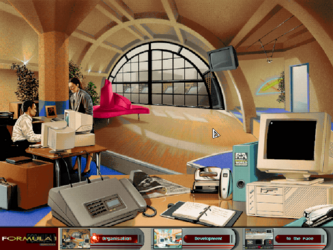
F1 Manager
MS-DOS
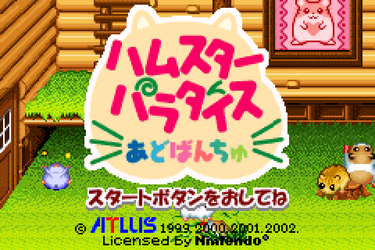
Hamster Paradise Advanchu
Game Boy Advance
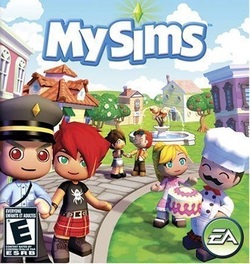
MySims
Nintendo DS
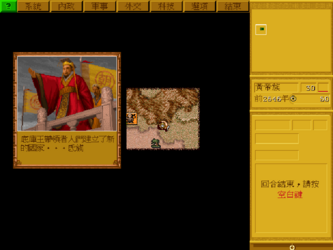
China
MS-DOS
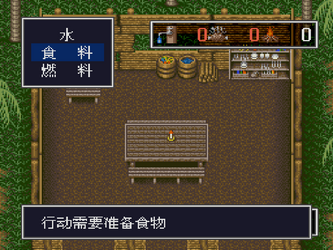
Mujintou Monogatari
SNES
Puzzle Related Retro Games
More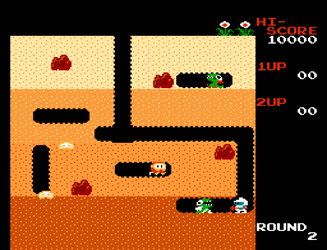
Dig Dug
NES / Famicom

Gyakuten Saiban
Game Boy Advance
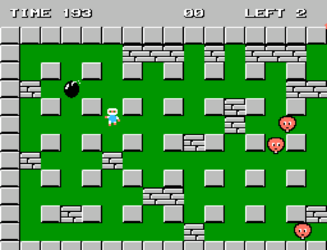
Bomberman
NES / Famicom
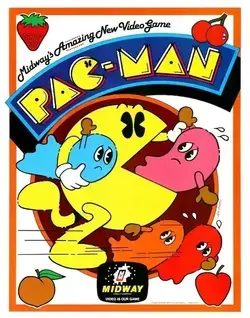
Pac-Man
Arcade
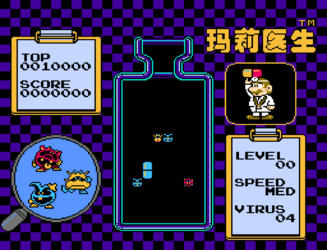
Dr. Mario
NES / Famicom
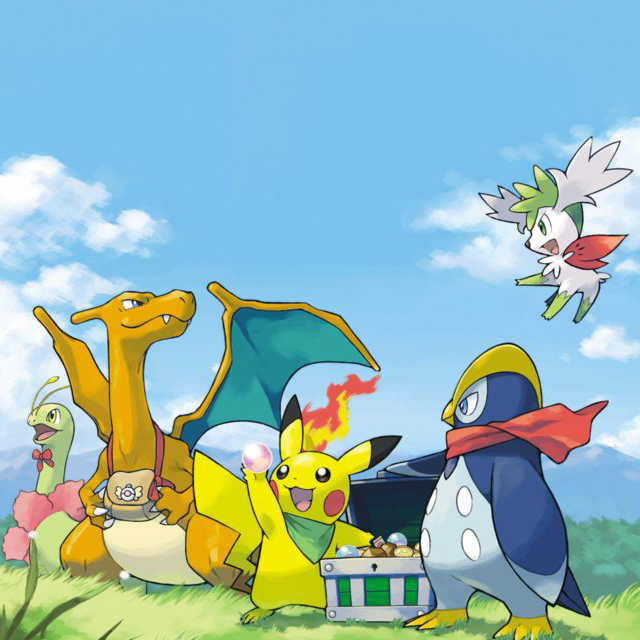
Pokémon Mystery Dungeon: Explorers of Sky
Nintendo DS
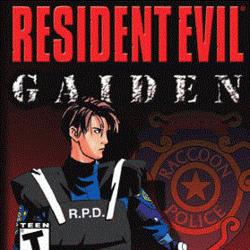
Resident Evil: Gaiden
Gameboy | Color
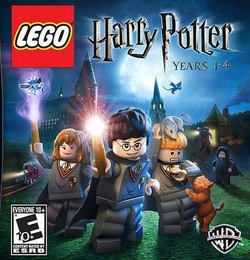
Harry Potter: Years 1-4
Nintendo DS
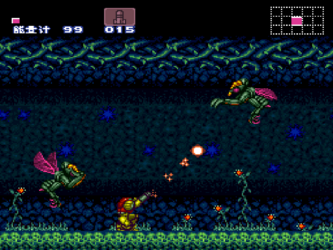
Super Metroid
SNES

Mujintou Monogatari
SNES
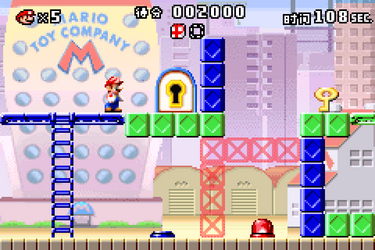
Mario vs. Donkey Kong
Game Boy Advance
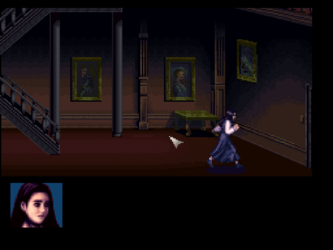
Clock Tower
SNES